Institutional Healthcare
Report & Product Market
Entry Analysis —
Venezuela
Note: This program was made public by the client.

Objective
To provide a comprehensive strategy to reduce the malaria burden in Venezuela, with a specific focus on product market entry for VivAccess's solutions
VivAccess is a jointly-led initiative by PATH and Medicines for Malaria Venture (MMV). It is funded by the Bill & Melinda Gates Foundation.
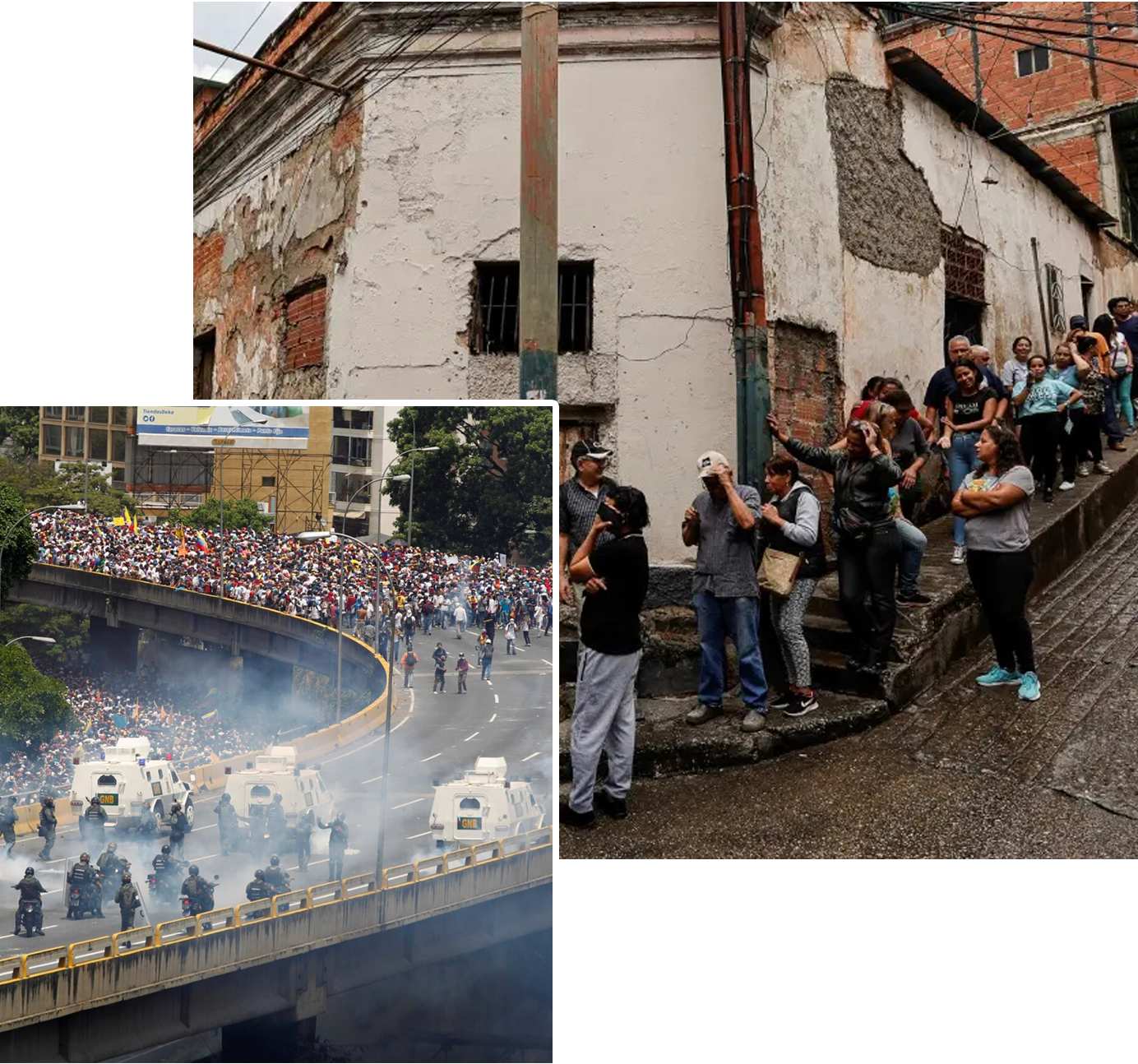
Background
Venezuela is facing a severe malaria crisis, exacerbated by political, economic, and health system failures. Once considered "malaria-free," the country now holds 55% of Latin America's malaria cases.
VivAccess sought assistance in identifying partnerships and crafting a strategy to introduce diagnostic tools. Goals included landscape analysis and a roadmap for entering Venezuela's market.
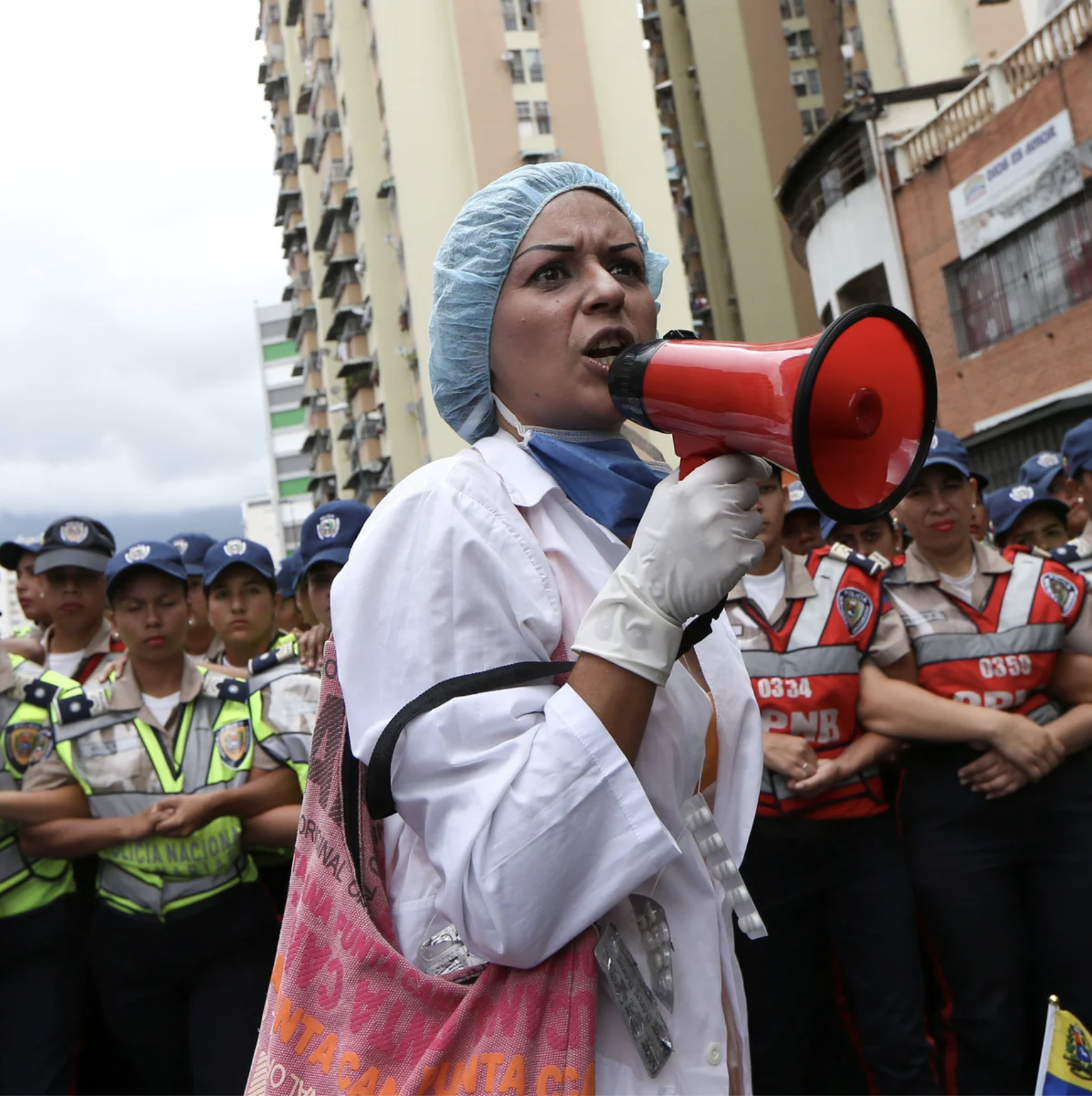
Challenge 1: Relentless Political Instability
Venezuela's long-standing political and economic crises have led to a fragmented healthcare system, which struggles to provide consistent malaria prevention and treatment.
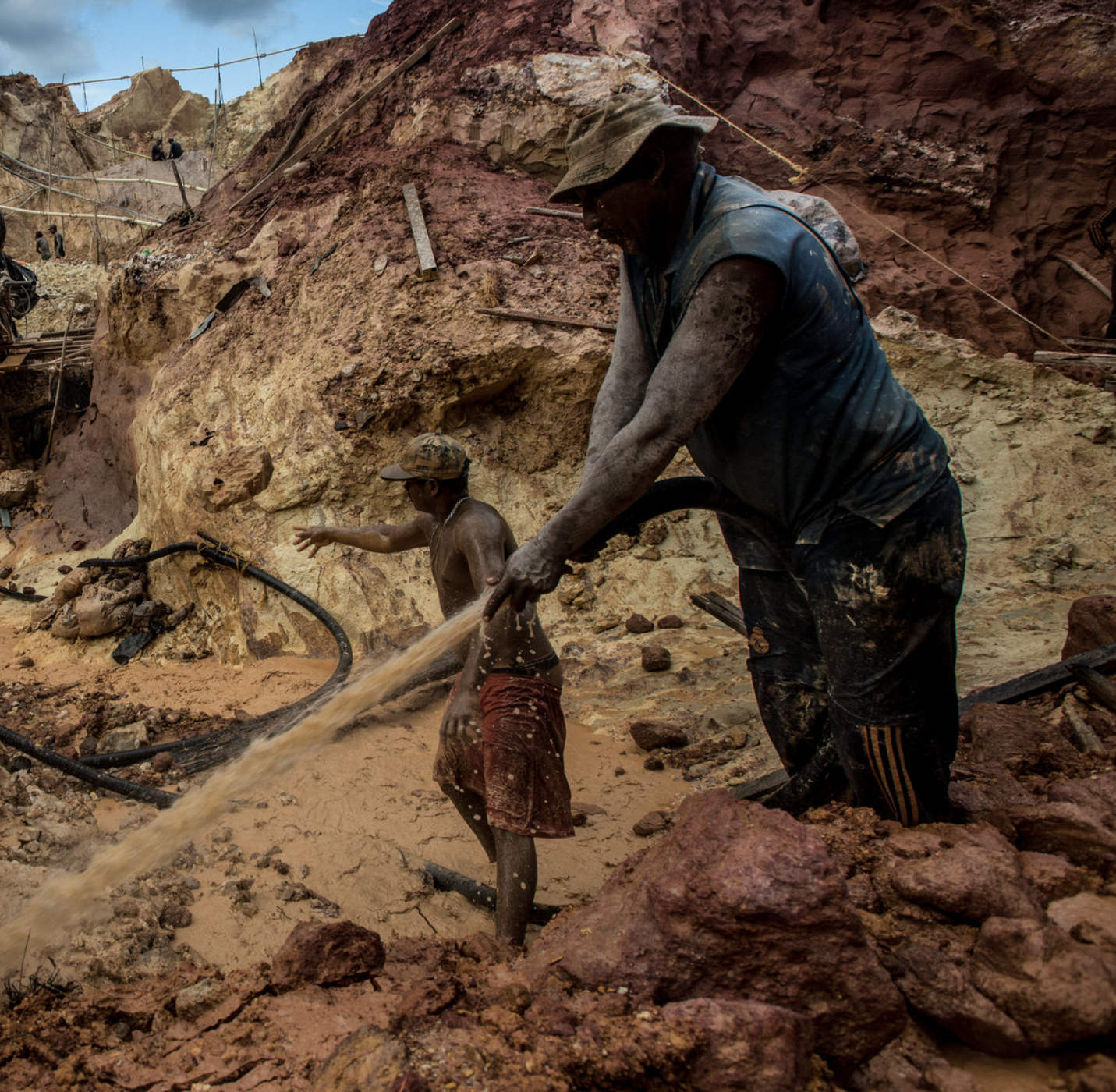
Challenge 2: Illegal Mining & Population Mobility
The proliferation of illegal mining has worsened the spread of malaria. Miners and their families move frequently, complicating containment.
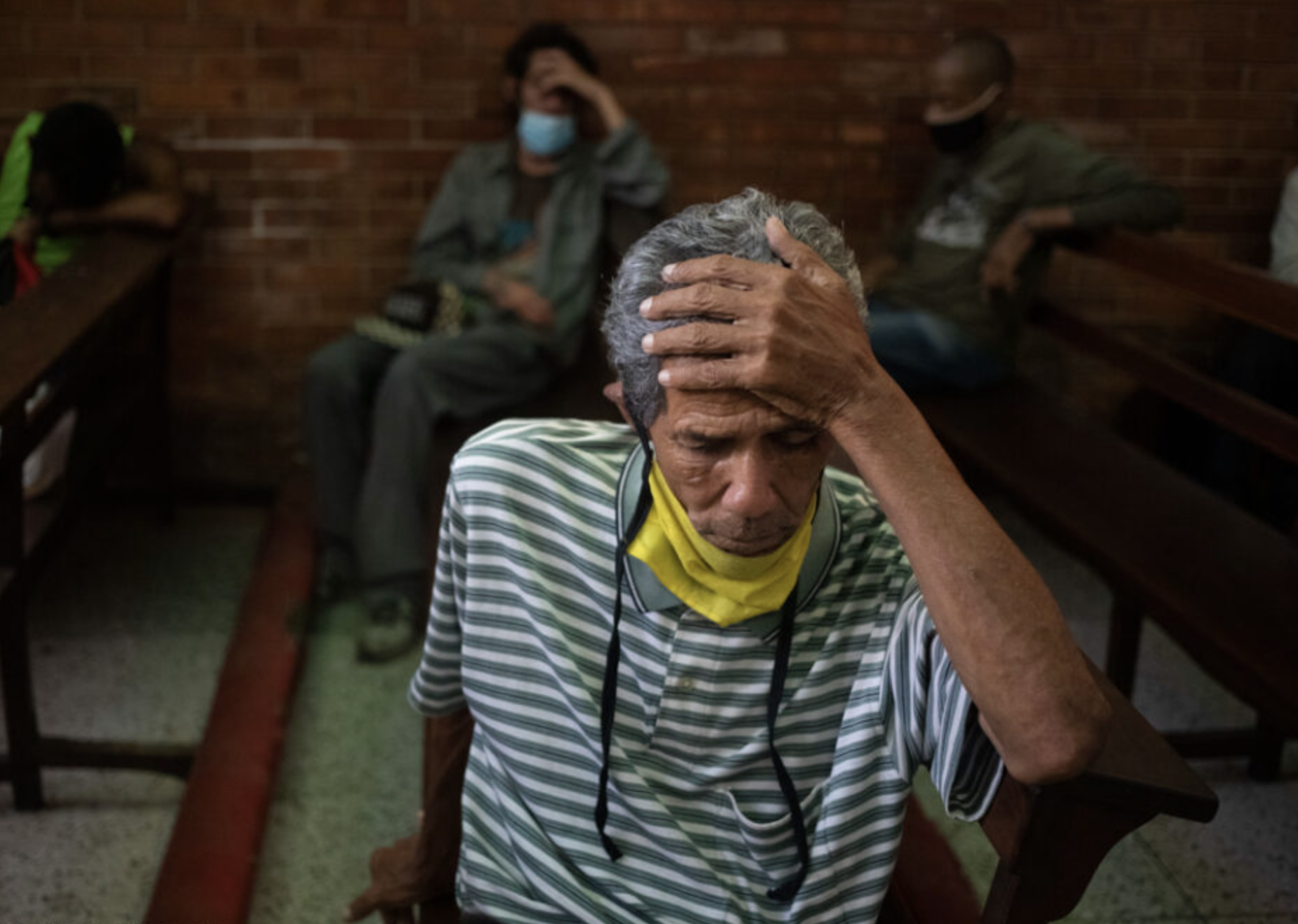
Challenge 3: Institutional Healthcare Collapse
Venezuela's healthcare infrastructure is severely weakened by lack of funding and corruption. Treatment is inconsistent, relying on NGOs.
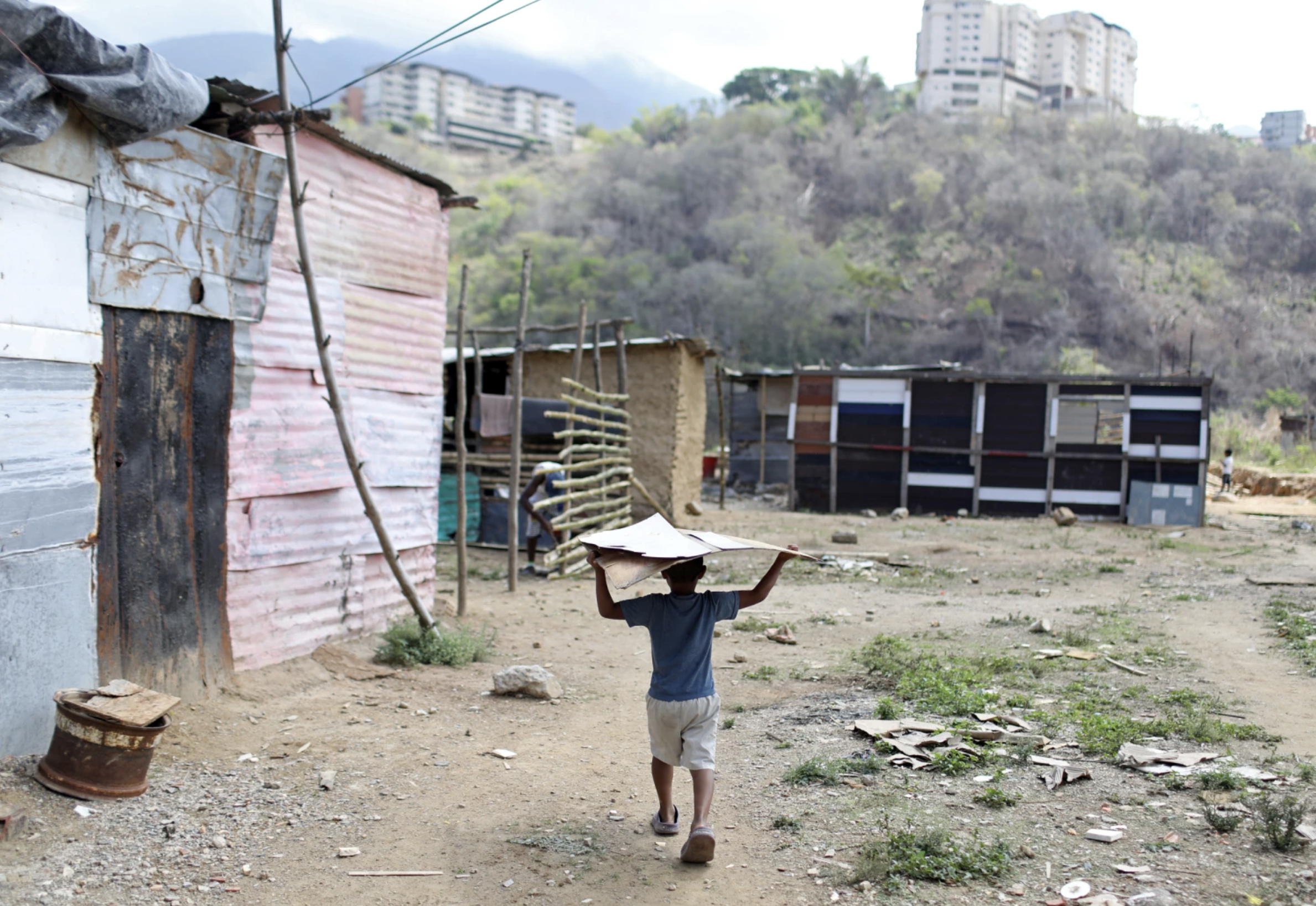
Challenge 4: Regulatory & Funding Barriers
US sanctions, anti-American stance, and fragmented systems make product registration and supply chain management very difficult.
Approach and Methodology
This project required detailed research into Venezuela's healthcare system, the state of malaria treatment, regulatory hurdles, and funding mechanisms.
As travel to the area was severely inadvisable, the team relied on remote communication and local media. These efforts centered around interviews with key stakeholders like Médecins Sans Frontières (MSF), UN agencies, and local experts.
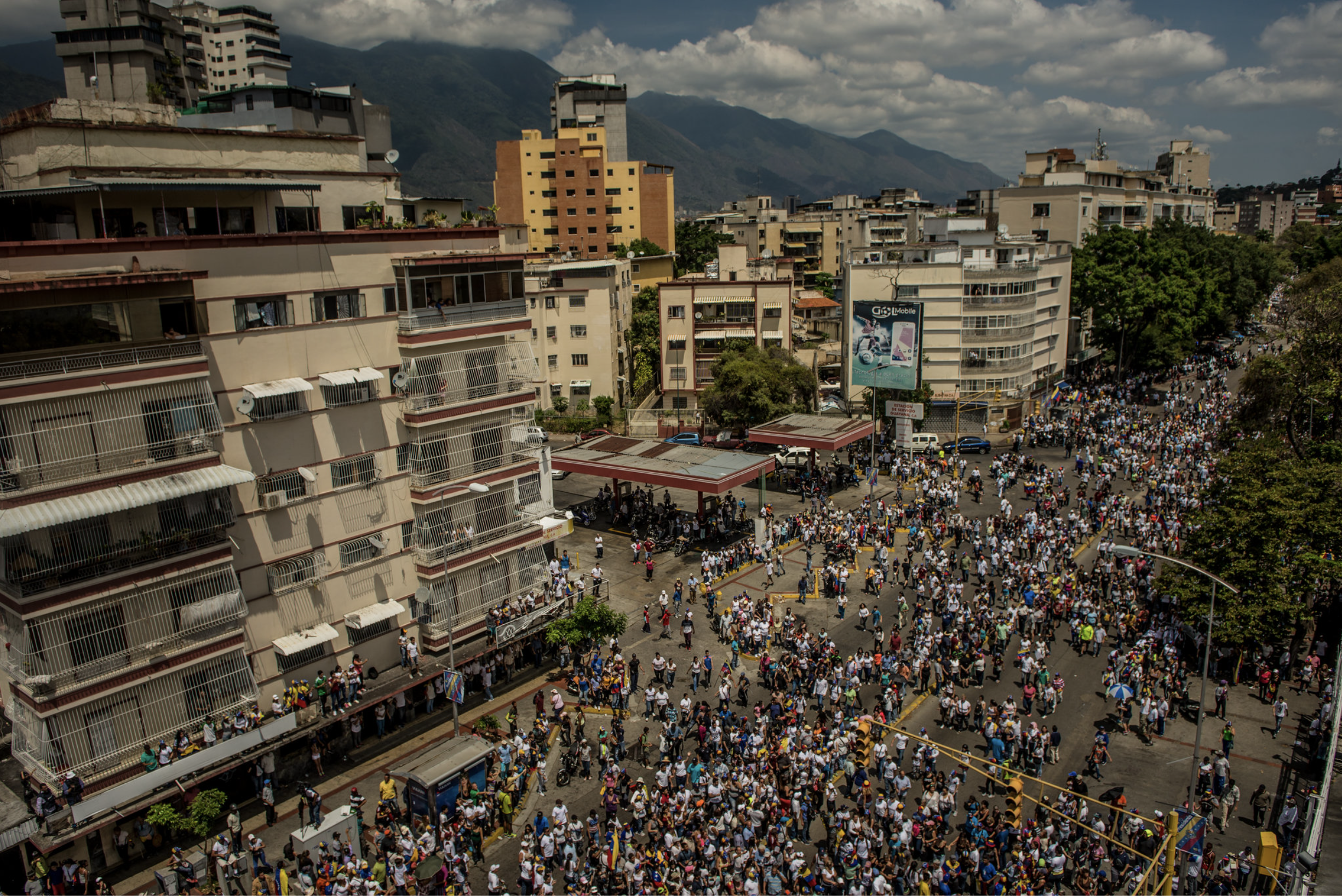
Strategic Advisory
The extensively detailed action plan consisted of three phases:
Phase 1
Establish strategic partnerships and secure additional funding, starting with grants from UNDP's Global Fund.
Phase 2
Obtain regulatory approval for VivAccess's G6PD diagnostic device and tafenoquine (malaria medication).
Phase 3
Implement training programs for local healthcare providers and partner with local actors for diagnostic testing and malaria treatment distribution.
Essentially:
- • Partner with established NGOs that have safe passage and networks in malaria-endemic regions.
- • Begin regulatory processes early and leverage partnerships for legal and operational advice.
- • Develop flexible funding and supply chain strategies that can adapt to Venezuela's volatile environment.
- • Do not attempt to send any U.S. personnel into the area.
By adopting a collaborative and patient approach, VivAccess does have the potential to significantly reduce the malaria burden in Venezuela, despite the substantial challenges.